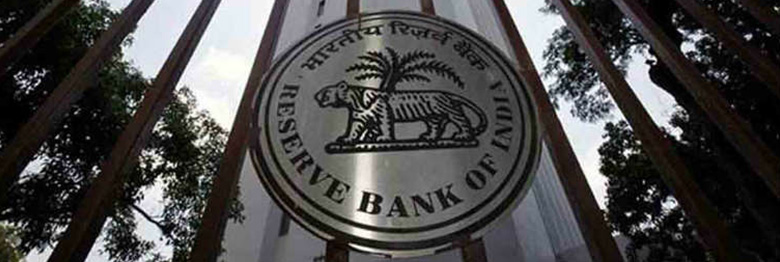Six more state-run banks are at risk of entering the Reserve Bank of India’s prompt corrective action (PCA) framework, officials said. These include Punjab National Bank, Union Bank of India and Syndicate Bank, they said, adding that this may reduce the chances of the finance ministry’s plans to sell the good loans of weak banks to stronger lenders coming to fruition.
According to the latest banking news, 6 more state-run banks will now be under the PCA framework as set up by the RBI. This is because of the bad debts and misdoings that have been recorded in the banks’ regular operations. We all know how banks have been working lately. Now news like these makes one wonder what if banks could have had a well trained and well-motivated staff. Read the following paragraphs they are the news item that appeared in the business today website today.
The Reserve Bank of India may put three state-run banks under prompt corrective action – a mechanism to take corrective measures so that the lenders are protected from going into the financial crisis. Currently, the Central bank has put 11 out of 27 public sector banks or PSBs – which together account for three-fourths of the banking assets – under the PCA framework. Among the banks that could be put under the RBI’s PCA framework are Punjab National Bank, Union Bank of India and Syndicate Bank.
The PCA framework is a mechanism to maintain the sound financial health of the banks. The framework kicks in when a bank’s three critical parameters – asset quality, return on assets and capital adequacy – fall below a threshold. Once placed under PCA, the banks are barred from distributing dividends, remitting profits and disbursing fresh loans. Banks are also stopped from expanding their branch networks and need to maintain higher provisions.
The critical parameters of fraud-hit Punjab National Bank reached PCA threshold levels after it was hit by billion dollar Nirav Modi scam. The New Delhi-based bank reported a net loss of Rs 12,282 crore in FY 2017-18 with gross non-performing assets (NPAs) at 18.38 percent of advances at Rs 86,620 crore and capital adequacy ratio of 9.20 percent as against the RBI threshold of 9 percent. The return on assets is minus 1.60 percent.
Mumbai-based Union Bank of India is another likely PCA candidate. For the financial year 2017-18, it reported a net loss of Rs 5,247 crore, gross NPAs of Rs 49,369 crore, capital adequacy ratio of 11.50 percent and the return of assets of minus 1.07 percent.
Earlier in March, rating agency ICRA, too, had cautioned that five more PSBs – Punjab National Bank, Union Bank of India, Canara Bank, Andhra Bank and Punjab and Sind Bank – may come under PCA in the near future. These banks had all posted NNPA ratios in the range of 6.3-7.8 percent, which as per the revised PCA framework falls under the Risk Threshold 1 category.
Currently, the banks that are under PCA framework are Dena Bank, Central Bank of India, Bank of Maharashtra, UCO Bank, IDBI Bank, Oriental Bank of Commerce, Indian Overseas Bank, Corporation Bank, Bank of India, Allahabad Bank and United Bank of India.
Under the PCA framework, the apex bank has discretionary powers under which it can direct the banks to stop lending. Recently, the RBI asked Dena Bank not to do fresh lending. It also asked Allahabad Bank not to raise costly deposits, invest in non-banking assets or lend to borrowers with high risk.
In the last few years, banks have been under huge pressure due to deteriorating asset quality, poor credit off-take, and overleveraged companies. This hit PSBs more because of their high reliance on corporate lending and higher exposure to troubled sectors such as infrastructure, power, steel, and textiles.
PSB bankers say that the RBI did not help and instead sought higher provisioning for NPAs. The measures included asset quality review under which the RBI asked banks to make provisioning for stressed accounts (not necessarily NPAs in their books) as if they were NPAs.
According to experts, 50 percent provisioning for companies referred to the National Company Law Tribunal under the new Insolvency and Bankruptcy Code (IBC) also worsened the financial position of bank.
Now we all know that banks are run by humans and for humans. We need more trained and ethical manpower for the banking sector. A work force which can take resposibility of their work profiles and do justice to the entire sector. Thats why we say that banks needs to train apprentices so that they mould the youth manpower according to their core values. Government of India through its NEEM Scheme provides exactly that. Banks must hire a good NEEM Agent like CLRSKILLS TRAINING FOUNDATION, and have a discussion with them to know how NEEM Scheme can help bankers to become more robust skills wise.






